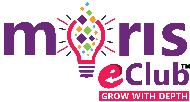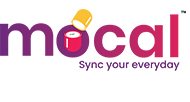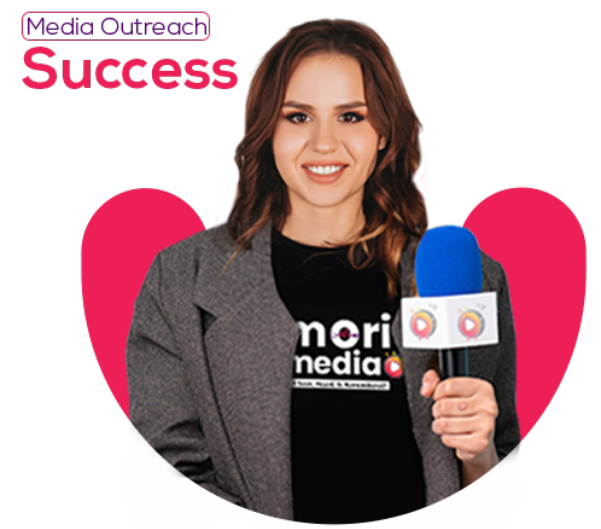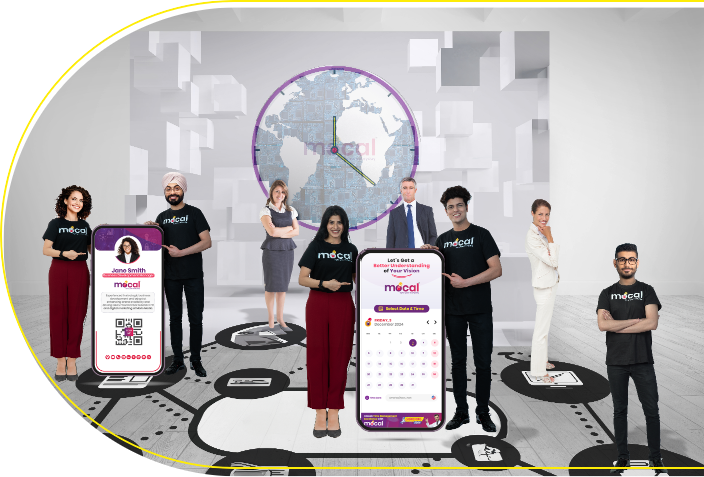As a leading global PR Boutique and Digital Marketing Agency with experience serving clients in over 40 countries and 50+ industries, Moris Media understands the challenges of navigating Australia's vast scheduling software landscape. Finding the perfect solution to streamline your work-life balance and optimise productivity can be overwhelming.
To guide you, Moris Media conducted a comprehensive survey of over 10,000 Australians and tested various scheduling software options across diverse business settings. This analysis, combined with insights on Australian scheduling needs, empowers you to make an informed decision.
Our research identified these ten budget-friendly scheduling solutions, catering to a range of preferences:
- moCal
- Calendly
- Google Calendar
- Microsoft Outlook Calendar
- Acuity Scheduling
- Square Appointments
- Setmore
- Zoho Bookings
- Doodle
- SimplyBook.me
moCal: The All-in-One Scheduling Powerhouse (with Considerations)
moCal stands out for its ambitious vision – a single platform integrating scheduling, CRM, and recruitment functionalities. This potentially eliminates the need for multiple software subscriptions, saving time and money. Let's delve deeper:
Strengths:
- User-Friendly Interface: Easy to navigate and manage appointments.
- Integration Powerhouse: Connects with various tools and platforms for a unified workflow.
- Quick Scheduling Links: Generate unique links for effortless appointment scheduling.
Features:
- One-Click Scheduling: Simplify booking processes for both clients and teams.
- Automated Reminders: Reduce no-shows with timely notifications.
- Customizable Branding (Paid Plans): Adapt the platform to reflect your brand identity.
- Team Scheduling (Paid Plans): Manage team schedules and collaborate effectively.
Drawbacks:
- Limited Project Management: Capabilities may not be adequate for complex projects.
Ideal Users:
- Businesses Accepting Appointment Bookings: Streamline booking processes and manage client interactions.
- Scaling Businesses: Accommodate increasing appointment volumes and integrations over time.
moCal's Advantages:
- Extensive Customization (Paid Plans): Tailor branding, workflows, and white labelling for a unique user experience.
- Streamlined Workflow: Boost efficiency with features like automated reminders, one-click scheduling, and website integration.
- Enhanced Collaboration (Details Unclear): Team scheduling, meeting tools, and project management features (exact functionalities remain unconfirmed) facilitate seamless teamwork.
Considerations Before Starting:
- Limited Mobility (Currently): Web-based only, with a mobile app under development, potentially hindering on-the-go scheduling.
- Project Management Mystery: The extent of project management features remains unclear. It might not suffice for complex project needs.
- Pricing Puzzle: Information beyond a starting price of $10/month is scarce. The true cost for all features could be higher, impacting affordability.
Who Should Consider moCal?
moCal might be a good fit for businesses of various sizes seeking an all-in-one solution with customisation options, particularly:
- Agencies & Consultants: Manage client communication, team scheduling, and project collaboration (if functionalities meet your needs).
- Sales Teams: Streamline sales processes with features like appointment scheduling, lead capture, and sales tool integrations.
- Recruitment Teams: Manage the entire recruitment process, from scheduling interviews to candidate evaluation (if project management capabilities are sufficient).
- Entrepreneurs & Freelancers: Keep track of appointments, manage client communication, and improve time management.
The Final Verdict:
moCal offers a feature-rich approach, but consider its limitations: the lack of a mobile app and incomplete information on project management and pricing require careful evaluation.
Recommendation:
Explore the free plan or trial to test drive moCal. Compare it with other contenders, like Calendly for ease of use or Google Calendar for simplicity, to find the best fit for your workflow and budget.
By understanding the strengths and limitations of each option, you can make an informed decision and select the scheduling software that empowers you to achieve a better work-life balance and optimise your productivity.












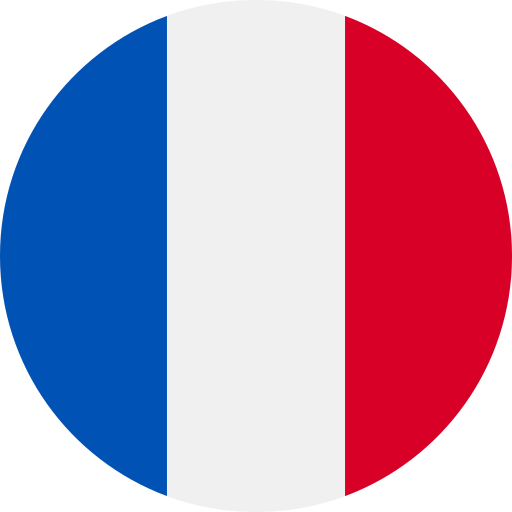








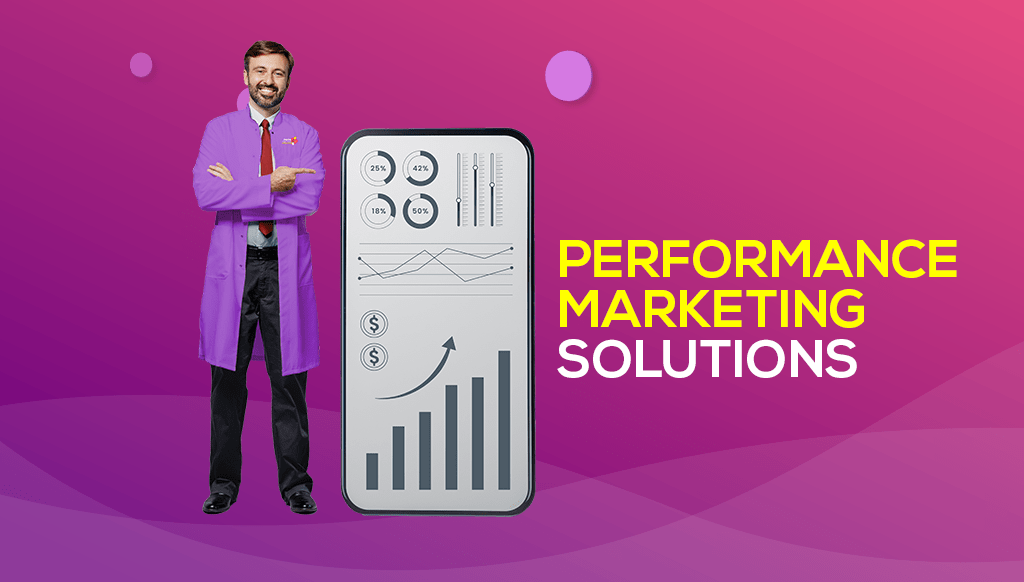
.png?v=1676960503)
















